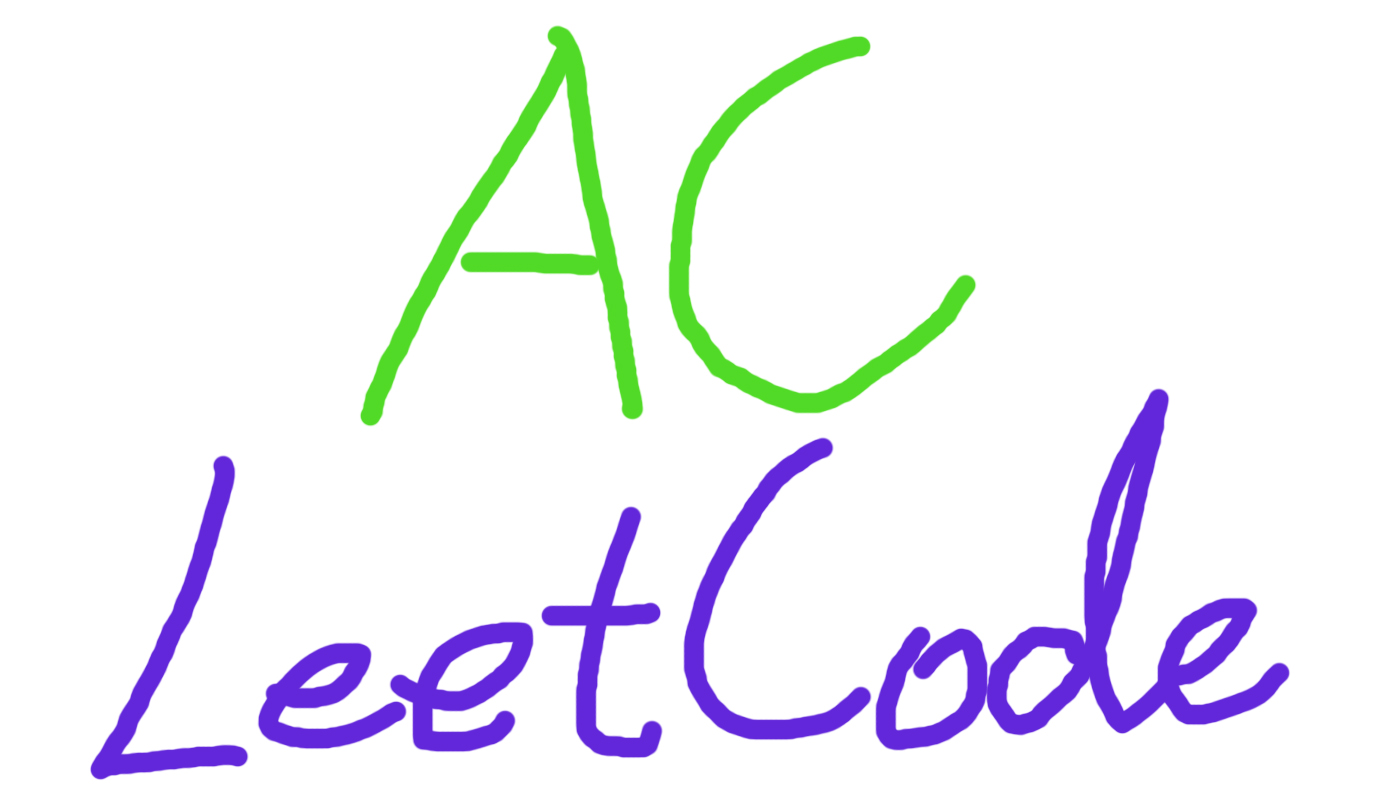
Description
Given a string s, a k duplicate removal consists of choosing k adjacent and equal letters from s and removing them causing the left and the right side of the deleted substring to concatenate together.
We repeatedly make k duplicate removals on s until we no longer can.
Return the final string after all such duplicate removals have been made.
It is guaranteed that the answer is unique.
Example
Example 1:1
2
3Input: s = "abcd", k = 2
Output: "abcd"
Explanation: There's nothing to delete.
Example 2:1
2
3
4
5
6Input: s = "deeedbbcccbdaa", k = 3
Output: "aa"
Explanation:
First delete "eee" and "ccc", get "ddbbbdaa"
Then delete "bbb", get "dddaa"
Finally delete "ddd", get "aa"
Example 3:1
2Input: s = "pbbcggttciiippooaais", k = 2
Output: "ps"
Constraints:
- 1 <= s.length <= 10^5
- 2 <= k <= 10^4
- s only contains lower case English letters.
Solution
Solution 1: used two stacks, the slowest, 18ms
1 | class Solution { |
Solution 2: Basic method, used one stack to store char with count, 10ms1
2
3
4
5
6
7
8
9
10
11
12
13
14
15
16
17
18
19
20
21
22
23
24
25
26
27
28
29
30
31
32
33
34
35
36class Solution {
// Used one stack to store char with count, 10ms, O(N)
class Pair{
public char ch;
public int count;
public Pair(char ch, int count){
this.ch = ch;
this.count = count;
}
}
public String removeDuplicates(String s, int k) {
if (s == null || s.length() == 0) return s;
Stack<Pair> st = new Stack<>();
for (char ch: s.toCharArray()){
if (st.isEmpty()||ch != st.peek().ch){
st.push(new Pair(ch, 1));
}
else if (ch == st.peek().ch){
if (st.peek().count + 1 == k){
st.pop();
}
else{
st.peek().count++;
}
}
}
StringBuilder res = new StringBuilder();
while(!st.isEmpty()){
Pair top = st.pop();
for (int i = 0; i < top.count; i++)
res.append(top.ch);
}
return res.reverse().toString();
}
Solution 3: two pointers, the fastest, 3ms1
2
3
4
5
6
7
8
9
10
11
12
13class Solution {
// Two Pointers, O(N), 3ms
public String removeDuplicates(String s, int k) {
int i = 0, n = s.length(), count[] = new int[n];
char[] stack = s.toCharArray();
for (int j = 0; j < n; ++j, ++i) {
stack[i] = stack[j];
count[i] = i > 0 && stack[i - 1] == stack[j] ? count[i - 1] + 1 : 1;
if (count[i] == k) i -= k;
}
return new String(stack, 0, i);
}
}